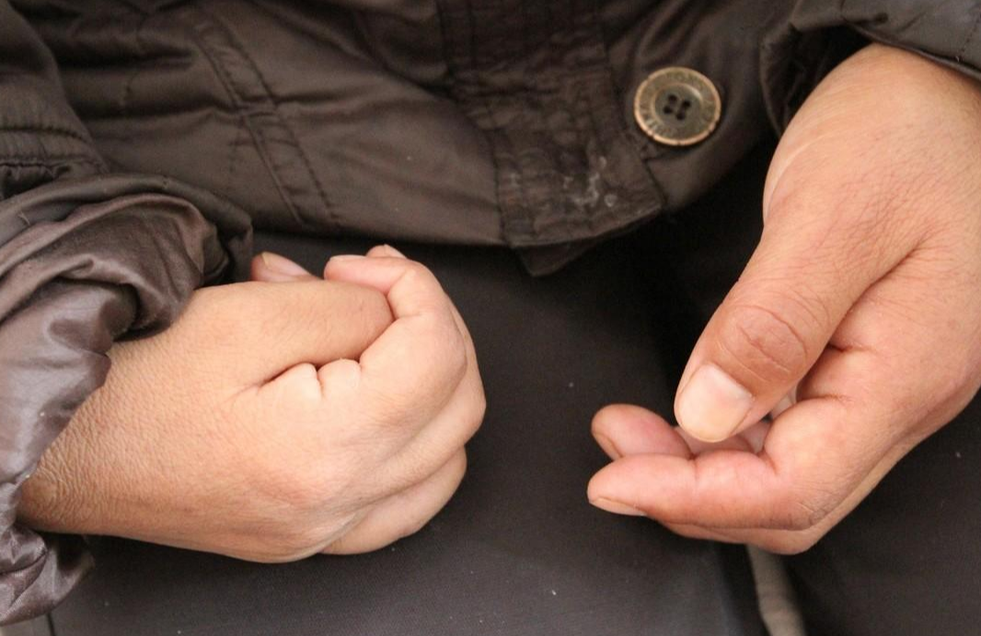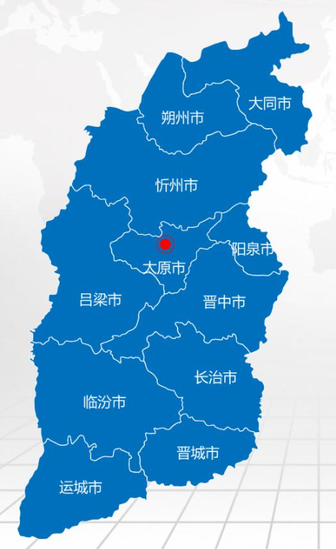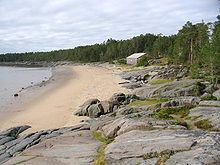时态结构
现在完成时由“have/has+过去分词”构成,主要有两个含义:
在“it is the first/second...time that...。”或在“it/this/that is the +最高级+名词+that...。”结构中,that从句中的动词常用现在完成时;表示到说话时为止动作发生过几次。在“it + be...+since从句”这一结构中,be可用一般现在时或现在完成时,since从句一般用过去时。have/has/had +been +动词的现在进行时。
1)现在完成时和一般过去时都能表示过去发生过的动作,但现在完成时表示过去动作对现在的影响,并且表示这一动作已完成或还可能继续下去;2)而一般过去时与现在的情况没有联系,仅表示过去的动作,且这一动作到说话时已终止。因此现在完成时不能与表示明确的过去时间如:in1949,yesterday,last week等的状语连用,并且用when或where对这些时间和地点状语提问时,一般只用一般过去时。
比较时态过去时与现在完成时
1)过去时表示过去某时发生的动作或单纯叙述过去的事情,强调动作;现在完成时为过去发生的,强调过去的事情对现在的影响,强调的是result (结果)。
2)过去时常与具体的时间状语连用,而现在完成时通常与模糊的时间状语连用,或无时间状语。一般过去时的时间状语:
yesterday, last week,…ago, in1980, just now, 具体的时间状语
共同的时间状语:
this morning, tonight, this April, now, once,before, already, recently,lately
现在完成时的时间状语
for, since, so far, ever, never, just, yet, till / until, up to now, in past years, always,
不确定的时间状语
3)现在完成时可表示持续到现在的动作或状态,动词一般是延续性,如live, teach, learn, work, study, know.
过去时常用的非持续性动词有come, go, leave, start, die, finish, become, get married等。
举例:
I saw this film yesterday.
(强调看的动作发生过了。)
I have seen this film.
(强调对现在的影响,电影的内容已经知道了。)
Why did you get up so early?
(强调起床的动作已发生过了。)
Who hasn't handed in his paper?
(强调有卷子,可能为不公平竞争。)
She has returned from Paris.
她已从巴黎回来了。
She returned yesterday.
她是昨天回来了。
He has been in the League for three years.
(在团内的状态可延续)
He has been a League member for three years.
(是团员的状态可持续)
He joined the League three years ago.
( 三年前入团,joined为短暂行为。)
I have finished my homework now.
---Will somebody go and get Dr. White?
---He's already been sent for.
句子中如有过去时的时间副词(如 yesterday, last, week, in 1960)时,不能使用现在完成时,要用过去时。
(错)Tom has written a letter to his parents last night.
(对)Tom wrote a letter to his parents last night.
句型1)It is the first / second time…. that…结构中的从句部分,用现在完成时。
It is the first time that I have visited the city.
It was the third time that the boy had been late.
2)This is the… that…结构,that从句要用现在完成时.
This is the best film that I've (ever) seen.
这是我看过的最好的电影。
This is the first time (that) I've heard him sing.这是我第一次听他唱歌。
典型例题---No, this is the first time I ___ here.
1.was B. have been C. came D. am coming
答案B. This is the first time 后面所加从句应为现在完成时,故选B。
---No, it's the first time I ___ here.
1.even, come B. even, have come C. ever, come D. ever, have come
答案D. ever意为曾经或无论何时,反意词为never,此两词常用于完成时。 This is the largest fish I have ever seen. It is / was the first time +that-clause 的句型中,从句要用完成时。
注意:非延续性动词的否定形式可以与表示延续时间的状语连用。即动作不发生的状态是可以持续的。
(错)I have received his letter for a month.
(对)I haven't received his letter for almost a month.
比较since和for
Since 用来说明动作起始时间,for用来说明动作延续时间长度。
I have lived here for more than twenty years.
I have lived here since I was born..
My aunt has worked in a clinic since 1949.
Some new oilfields have been opened up since 1976.
I have known Xiao Li since she was a little girl.
My brother has been in the Youth League for two years.
I have not heard from my uncle for a long time.
注意:并非有for 作为时间状语的句子都用现在完成时。
I worked here for more than twenty years.
(我现在已不在这里工作。)
I have worked here for many years.
(现在我仍在这里工作。)
小窍门:当现在完成时+一段时间,这一结构中,我们用下面的公式转化,很容易就能排除非延续动词在完成时中的误使。
1.(对) Tom has studied Russian for three years.
= Tom began to study Russian three years ago, and is still studying it now.
1.(错) Harry has got married for six years.
= Harry began to get married six years ago, and is still getting married now.
显然,第二句不对,它应改为 Harry got married six years ago.或 Harry has been married for six years.
since用法
1) since +过去一个时间点(如具体的年、月、日期、钟点、1980, last month, half past six)。
I have been here since 1989.
2) since +一段时间+ ago
I have been here since five months ago.
3) since +从句
Great changes have taken place since you left.
Considerable time has elapsed since we have been here.
4) It is +一段时间+ since从句
It is two years since I became a postgraduate student.
延续与瞬间动词1) 用于完成时的区别
延续动词表示经验、经历;瞬间动词表示行为的结 果,不能与表示段的时间状语连用。
He has completed the work.他已完成了那项工作。 (表结果)
I've known him since then. 我从那时起就认识他了。(表经历)
2)用于till / until从句的差异
作为延续动词一般用于肯定句,表示"做……直到……" 作为瞬间动词一般用于否定句,表示"到……,才……"
He didn't come back until ten o'clock.
他到10 点才回来。
He slept tll ten o'clock.
他一直睡到10点。
典型例题1. You don't need to describe her. I ___ her several times.
A. had met B. have met C. met D. meet
答案B. 首先本题后句强调对现在的影响,我知道她的模样,你不用描述。再次,several times告知为反复发生的动作,因此用现在完成时。
2.---I'm sorry to keep you waiting.
---Oh, not at all. I ___ here only a few minutes.
A. have been B. had been C. was D. will be
答案A. 等待的动作由过去开始,持续到现在,应用现在完成时。
练习题21.写出下列单词的过去式、过去分词
arrive _________ _________
brush _________ __________
send _________ _________
write _________ __________
hear _________ __________
fall _________ __________
drop_________ __________
lose _________ __________
feel _________ __________
lose__________ __________
use _________ __________
wear _________ _________
think________ __________
thank_________ _________
own _________ __________
invent ________ _________
build _________ _________
allow _________ __________
2. 用单词的适当形式填空
1).- _____ you ______(write )your letter yet ? – Yes, I _______ (write ) it last night .
2)- Jim ____________ ( not finish ) his homework yet .When _______ he ________(finish ) it? - Maybe tomorrow .
3) -I ________ never _______ (be) to America before . What about you ? -I _________ (go) there last year .
4) –Where is your father ? -He _______ (go ) to Beijing . He ________ (leave ) five days ago . 5)-I’m sorry to keep you waiting here.
-Oh, it doesn’t matter . I ________ (be) here for only a few minutes . 6) We will wait here until another bus _______ (come ) .
7) –Have you finished your homework ,Tom ? – Not yet . I _________ (do) it now . 8)- When ______ you ______ (plant ) the tree ? – Last year.
9) I don’t know if Mary ________ (come) .If she _______ (come), I’ll tell her what to do . 10)- _____ you _____ (go) and ______ (see) a film with me tonight ? -No, I won’t . I _______ (see) it already .
11) We ______ (hold) a meeting yesterday . And there ________ (be) another one tomorrow . 12)- Who _____ (win ) the men’s football match ? – We did .
13) The students of Grade Three ________ (learn) more than 2000 English words so far . 14)- How long _____ your grandfather _____ (be ) dead ? – For two years . He ______ (die ) the year before last .
15)- _____ you _____ (read ) this book before ? –Yes ,I ______ (read ) twice . 16) It ______ (be) five days since he ______ (leave ) his hometown . 17) I ______ (wait )you for a long time . Where _____you _____ ( be) ?
18) All the children _______ (enjoy )themselves now .Some ______ (sing ) , some ______ (dance ), others _______ (play ) games .
19) China _______ (send ) many man-made satellites into the space in the last three years . 20) When I ______ (leave ) school a moment ago ,it ________ (rain ) hard . 21) Don’t watch TV until your homework ________ (do) . 22) He ________just ______ (travel) to foreign countries .
23) We _________ ( not see) each other since we ________ ( leave ) middle school.
24) While I _______ (walk) on the road last night , I ______ (meet) an old friend of mine . 25)- ______ your mother ever______ (watch) such a film ? – No, never.
3.转变句型
1) He joined the army two years ago . He ______ ______ ______ the army _____ two years . 2) The man bought a new car last month . The man ______ ______ a new car ______ last month . 3) The baby fell asleep five minutes ago . The baby _______ ______ asleep _____ five minutes . 4) They opened the shop last week . The shop ______ ______ _______ for a week .
5) Tom borrowed the books yesterday . Tom ______ ______ the books for only one day . 6) The film began half an hour ago . The film ______ _______ ______ for half an hour .
7) She became a League member last year . She _____ ______ a League member _____ last year. 8) The girl left her hometown ten years ago .
The girl _____ _____ ____ _____her hometown for ten years . 9) I got to know him three years ago . I_____ _____ him ______ three years . 10) We began to learn English two years ago . We ____ ____ English ____ two years ago








